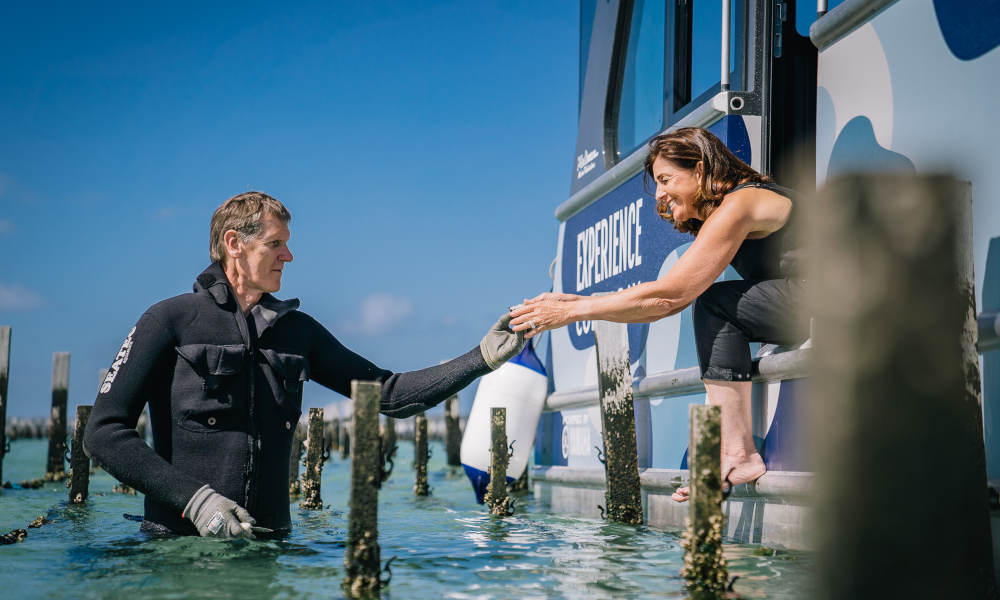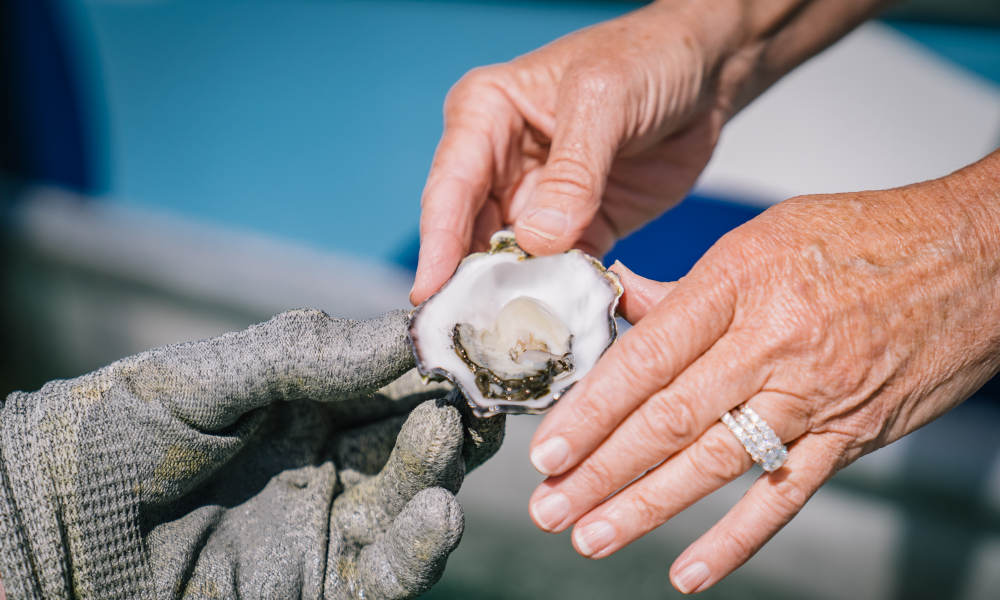Oyster farming is a rapidly growing industry worldwide, and Coffin Bay in South Australia has become a hub for this particular type of farming. Coffin Bay, located on the Eyre Peninsula, is known for its pristine waters, which provide the perfect conditions for oyster farming. In this article, we will explore the oyster farming industry in Coffin Bay and its impact on the local community.
History of Oyster Farming in Coffin Bay
Oyster farming in Coffin Bay dates back to the early 1900s when the first oyster leases were granted. However, it wasn’t until the 1970s that the industry really took off. Today, Coffin Bay is one of the largest producers of Pacific oysters in Australia, with over 20 farms operating in the region.
Oyster Farming Techniques
Oyster farming in Coffin Bay is done using the ‘rack and bag’ method. This method involves placing oysters in mesh bags and suspending them on racks in the water. The oysters are then left to grow and mature in the pristine waters of Coffin Bay. This technique has proven to be highly effective, as it allows the oysters to feed on the natural phytoplankton in the water, resulting in high-quality and flavorful oysters.
Sustainability in Oyster Farming
The oyster farming industry in Coffin Bay is committed to sustainability. The industry is regulated by the South Australian Government, which has strict guidelines on oyster farming practices. These guidelines ensure that oyster farmers in Coffin Bay use sustainable farming techniques that do not harm the environment. Additionally, oyster farmers are required to regularly monitor water quality to ensure that the oysters are healthy and safe for consumption.
Economic Impact
The oyster farming industry has had a significant impact on the economy of Coffin Bay and the surrounding region. The industry provides employment opportunities for many local residents, both directly and indirectly. Oyster farmers, shuckers, and processing staff all play a vital role in the industry, and their work contributes to the local economy.
Moreover, oyster farming in Coffin Bay has helped to boost tourism in the region. Visitors come to Coffin Bay from all over Australia and beyond to sample the delicious local oysters and experience the natural beauty of the region.
Conclusion
Oyster farming has become a vital part of the Coffin Bay community, and the industry shows no signs of slowing down. The pristine waters of Coffin Bay provide the perfect conditions for oyster farming, and the industry is committed to sustainability and responsible farming practices. The industry has had a positive impact on the local economy, providing employment opportunities and boosting tourism. As the demand for high-quality oysters continues to grow, it is clear that Coffin Bay will remain a key player in the oyster farming industry for many years to come.











